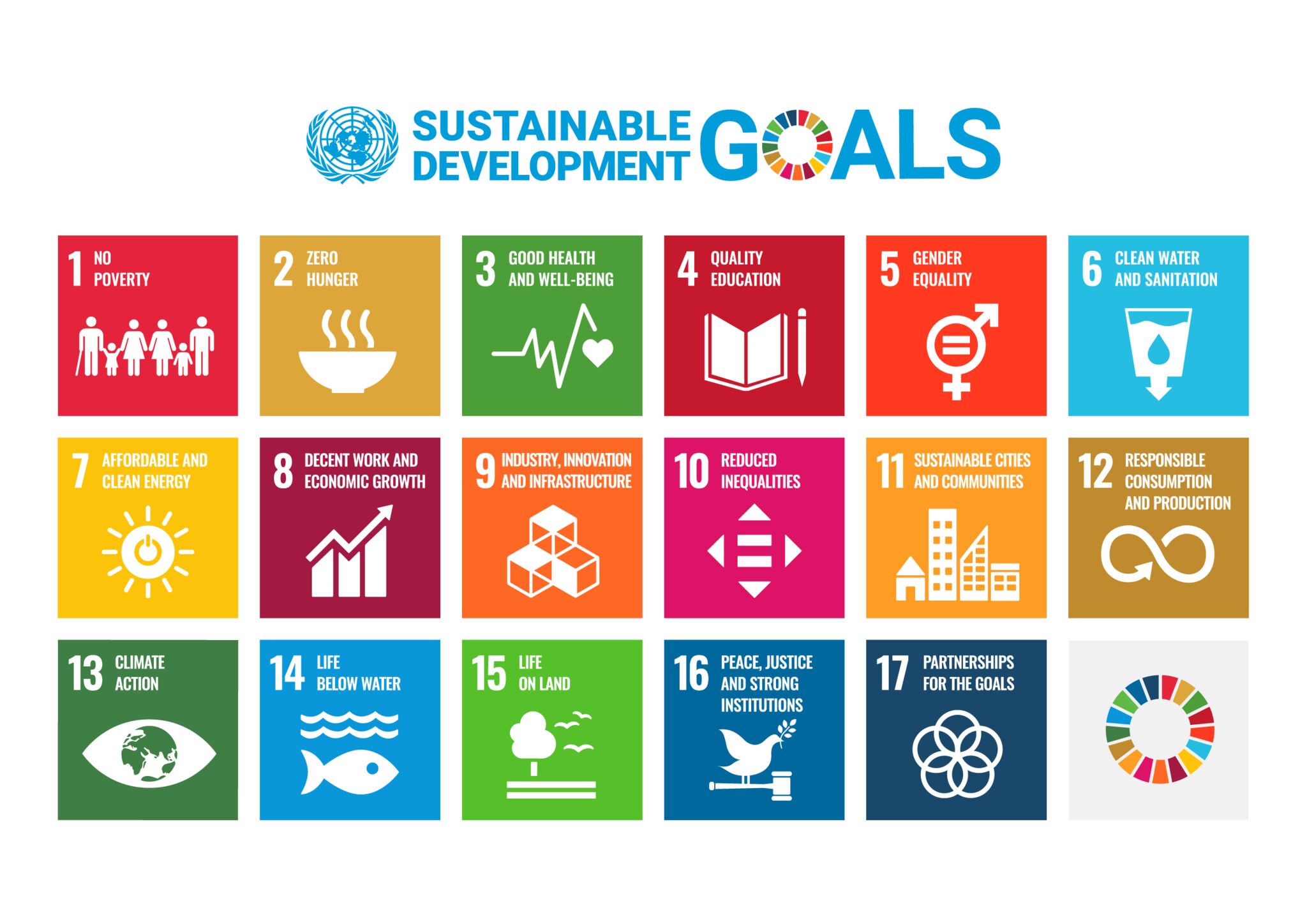Sustainability guidelines
of HR4GREEN GmbH
HR4GREEN GmbH sees itself as part of a global network that fully supports the 2030 Agenda adopted by the United Nations in 2015 as a global treaty for the future. As a global system of goals, the 17 Sustainable Development Goals (SDGs) contained in the Agenda provide a common language and a compass for the challenges of the 21st century.

Our contribution to more sustainability
All of the innovation and investment power of business is needed for achieving the SDGs. The SDGs not only formulate challenges for which business participation is essential, they also make it possible to minimise risks, identify potentials and utilise them through responsible and sustainable corporate governance. The focus of our services is on SDGs 13 (Climate Action), 14 (Life Below Water) and 15 (Life on Land) in conjunction with SDG 9 (Industry, Innovation & Infrastructure). With our know-how, we want to contribute to avoiding that the climate crisis turns into a climate catastrophe. Our field of activity is the “human” factor in the organisational context with the facets of knowledge, awareness and action. This must be taken into account more strongly in strategies and processes and in the entire context of environmental protection, also beyond the aspect of the climate crisis (e.g. biodiversity and functioning water cycles). This goal is a great challenge for humanity – and we at HR4GREEN are doing our utmost to meet this challenge.
Our environmental guideline
We understand the creation of sustainable working conditions as well as the integration of climate compensating and neutralising measures as a task within our company and take responsibility for it. We are aware of our impact and influence on the environment and communicate this to the outside world through our employees. For this reason, we have established concrete guidelines on environmental policy. On the one hand as a guideline for the company and on the other hand as a stimulus and inspiration for outsiders. Our goal is to reduce the emitted CO2 to a minimum and to pay compensation in such a way that we operate as a fully climate-neutral company from the time of the company’s foundation. We use certified tools and calculators such as ecocockpit, the UN’s Greenhouse Gas Emissions Calculator or KlimaManufaktur to record and calculate company-related emissions. The environmental guideline applies to the entire company, is reviewed annually and adjusted if necessary.
Energy efficiency and resource conservation
We use resources for our everyday needs, such as energy, water and materials, in the most efficient and environmentally friendly way possible. We strive to use the most energy-efficient technology available to us. For this reason, we regularly check technical equipment with regard to its age and energy efficiency in order to replace it with more environmentally friendly alternatives if necessary (taking into account the environmental and disposal costs incurred). With regard to the electricity supply, we always rely on green electricity, which is exclusively made up of renewable energies. We rely on a certified and independent provider who obtains 100% of his electricity from hydroelectric power.
Mobility and travel
For business trips, we primarily rely on resource-saving travel by train. Air travel is only used if there are no reasonable alternatives. Trips by car are made using energy-efficient vehicles.
Waste avoidance and environmentally sound disposal
We strive to avoid or reduce waste as much as possible. For example, only digital forms are used for the internal exchange of documents. In communication and cooperation with our customers, we also try to exchange and provide all forms of documents digitally. We dispose of unavoidable waste and waste that is part of everyday use separately so that successful recycling is possible. We strive to achieve permanent waste prevention.
Involvement of interested external parties
We maintain open environmental communication with our business partners and the public. Our progress in terms of
sustainability to the public in the form of the current Environmental Guideline on our website.
Offsetting CO2
Corresponding offsets from unavoidable CO2 emissions for heating, business trips or other purposes are fully invested in an atmosfair project. The selected project equips people in Rwanda with efficient, locally produced wood stoves. This avoids deforestation in the region and reduces the cost of household energy. (More information: https://www.atmosfair.de/de/klimaschutzprojekte/energieeffizienz/ruanda/).
